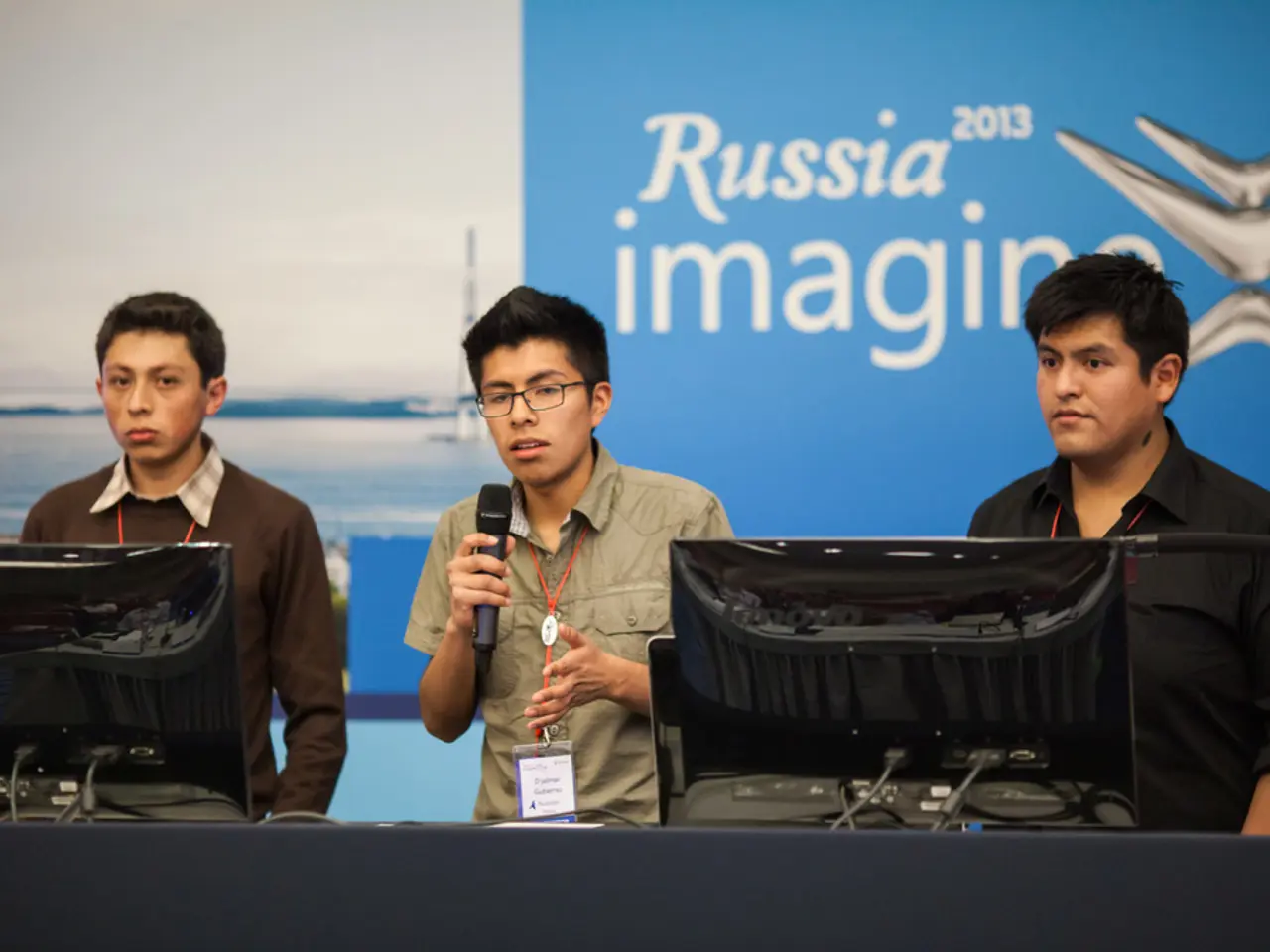Moscow has made a decision to no longer abandon its land-based nuclear missile arsenal.
The deployment of U.S. nuclear short- and intermediate-range missiles in Europe, following Russia's withdrawal from the INF Treaty and its end of the nuclear missile moratorium, is leading to heightened tensions and fears of a renewed missile arms race and crisis in Europe reminiscent of the Cold War era.
The INF Treaty, signed in 1987, called for the elimination of land-based ballistic missiles and cruise missiles with a range of 500 to 1,000 kilometers, as well as those with an intermediate range of 1,000 to 5,500 kilometers. However, the treaty is no longer valid due to the U.S. withdrawal in 2019.
The U.S. is planning to station new hypersonic weapons in Germany, which are said to have a longer range than previously stationed land-based systems. Among the U.S. weapons planned for Germany are Tomahawk cruise missiles, which can technically be equipped with nuclear warheads. Russia, in response, has stationed nuclear-capable Iskander missiles in the exclave of Kaliningrad.
European countries are responding with both strategic and political measures to manage this risk while trying to maintain transatlantic security cooperation. Increased European defense spending and military modernization are evident, with several NATO members boosting defense budgets to align closer with Washington's expectations.
Efforts to maintain and shore up extended nuclear deterrence are also a priority for European allies. Diplomatic efforts and strategic documents reaffirming long-term U.S. guarantees to Europe are expected, aiming to reassure allies despite the political pressures seen under recent U.S. administrations.
However, the situation is not without challenges. Heightened security concerns over missile deployment and escalation have raised fears of rapid escalation and short decision times that increase nuclear conflict risks due to miscalculation or false alarms.
Experts acknowledge a tense period ahead with missile deployments on both sides, prompting U.S. and European military planners to consider measures to neutralize new threats through enhanced detection, interception, and the deployment of similar strike systems—including hypersonic weapons—to balance the increased risks.
Political challenges in Europe also loom large. While European governments are working to sustain relations and coordinated responses, achieving unified action is complex due to differing national interests and the political climate shaped by external and internal pressures.
In summary, European countries are navigating a difficult balance between reinforcing defense capabilities and political unity to respond to the U.S. missile deployments and Russian nuclear escalations, aiming to prevent destabilization while relying on strong transatlantic deterrence commitments. The current state of affairs could potentially lead to an increase in nuclear tensions between the U.S. and Russia, a development that European nations are keen to avoid.
[1] European Defence Agency. (2021). European Defence Fund - Annual Work Programme 2021. Retrieved from https://www.eda.europa.eu/defence-fund/annual-work-programme-2021
[2] European Leadership Network. (2021). European Nuclear Deterrence: A Guide for Policymakers. Retrieved from https://www.europeanleadershipnetwork.org/wp-content/uploads/2021/04/European-Nuclear-Deterrence-A-Guide-for-Policymakers.pdf
[3] International Crisis Group. (2021). Europe's New Nuclear Dilemma. Retrieved from https://www.crisisgroup.org/europe-central-asia/europe/european-union/europes-new-nuclear-dilemma
- The increase in war-and-conflicts potential, as a result of the U.S. and Russian missile deployments in Europe, has led to a significant focus on policy-and-legislation related to defense and security within European countries.
- The general-news media is extensively covering the crime-and-justice implications of the nuclear arms race in Europe, with a particular emphasis on the role of politics in shaping response strategies and ensuring transatlantic security cooperation.
- Amidst the heightened tensions and fears of a missile arms race, the European Defence Agency and other policy organizations are actively engaged in creating and implementing policies aimed at enhancing defense capabilities and maintaining political unity, as highlighted in their works such as the European Defence Fund - Annual Work Programme 2021, European Nuclear Deterrence: A Guide for Policymakers, and Europe's New Nuclear Dilemma.





